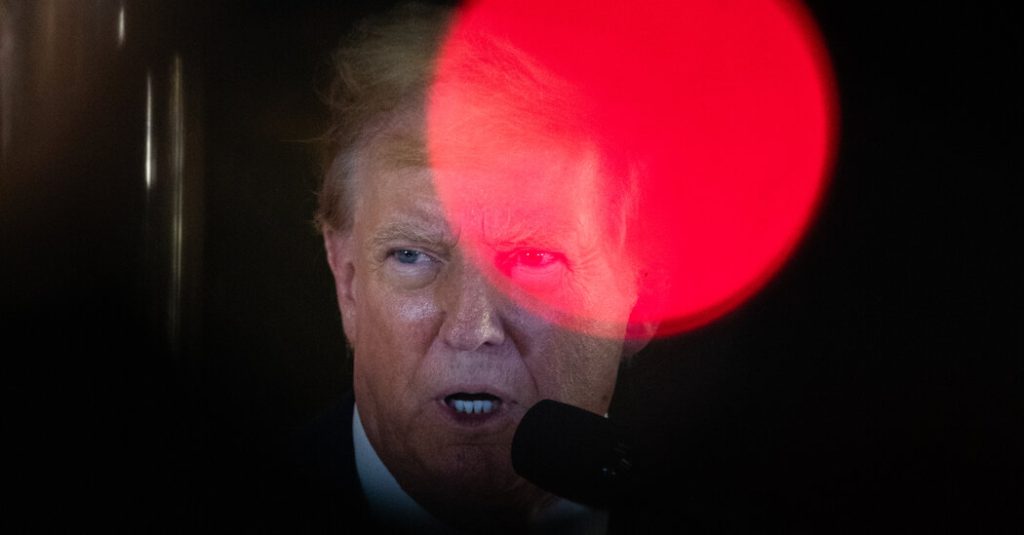Legal experts are divided on whether former President Donald Trump should receive a prison sentence after being convicted on 34 felony counts related to attempts to influence the 2016 presidential election. Norman Eisen argues that the seriousness of the offenses, including falsifying business records to hide damaging information and interfere with the election, warrants prison time based on the gravity of the crime. He also emphasizes Trump’s lack of remorse and defiant behavior throughout the trial as factors supporting a prison sentence. Eisen believes that a prison sentence would send a message to Trump and his followers that election interference will not be tolerated, especially given the additional charges he faces related to the 2020 election.
On the other hand, Nancy Gertner takes a different stance, arguing against sending Trump to prison despite his serious felony convictions. She notes that most defendants convicted of similar offenses are not sentenced to prison, particularly first-time offenders like Trump. Gertner emphasizes the importance of considering the unique circumstances of this case and points out that Trump’s attacks on the jury and his lack of respect for the rule of law suggest imprisonment may be warranted. She also acknowledges that while pending charges in other jurisdictions may be considered, they should not be relied upon for sentencing in this case.
Gertner suggests that factors pointing to imprisonment are outweighed by Trump’s unique position as a former president, who could potentially become president again. She highlights Justice Merchan’s previous leniency in imposing fines, rather than detention, for Trump’s repeated violations of court orders as evidence that Trump may be treated differently than other criminal defendants. Gertner argues against ramping up punishments for all defendants in an already punitive criminal legal system and believes that Trump’s position as a former president warrants consideration in determining an appropriate sentence.
In conclusion, both legal experts present compelling arguments for and against sending Trump to prison following his convictions. Eisen emphasizes the seriousness of the offenses, Trump’s lack of contrition, and the need for deterrence in cases of election interference. Gertner, on the other hand, argues for a more nuanced approach, considering the unique circumstances of the case, Trump’s position as a former president, and the broader issues of punishment and rehabilitation in the criminal legal system. The decision ultimately lies with Justice Juan Merchan, who will consider all the factors presented before determining Trump’s sentence at the upcoming hearing on July 11.


